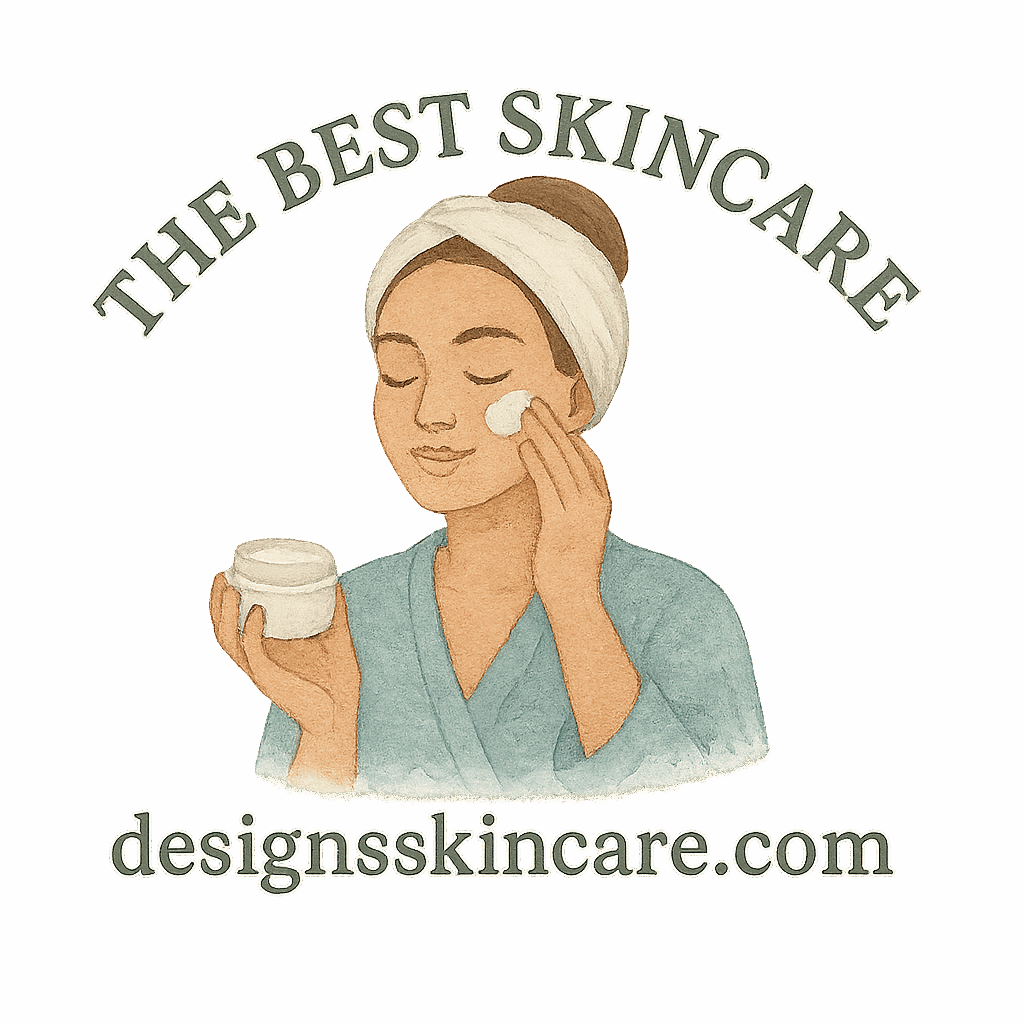Introduction
When it comes to skincare, there’s a lot of misinformation out there, especially when it comes to skin types. Whether you’re someone with oily skin, dry skin, or something in between, chances are you’ve heard a myth or two about how to treat your skin. And, let’s face it, it can be confusing. However, these myths can lead to ineffective skincare routines, causing frustration or even harm to your skin.
In this article, we’ll debunk 12 of the most common skincare myths based on your skin type that you need to stop believing right now. By the end of this read, you’ll have a clearer understanding of how to take better care of your skin.
Understanding Your Skin Type
Before diving into the myths, it’s essential to understand your skin type. Knowing your skin type helps you choose the right products and develop a skincare routine tailored to your needs.
The Different Skin Types
- Oily Skin: Characterized by an excess of sebum, this skin type often has a shiny appearance, especially on the T-zone.
- Dry Skin: Typically feels tight or rough, and may show signs of flaking or dullness.
- Combination Skin: A mix of oily and dry areas, typically oily on the T-zone and dry or normal on the rest of the face.
- Sensitive Skin: Easily irritated, often red, itchy, or prone to burning or stinging.
- Normal Skin: Neither too oily nor too dry, it’s often well-balanced, with fewer issues.
Why Skin Type Matters in Skincare
Your skin type is a fundamental factor in creating a skincare routine. It dictates the kind of products you should use. For example, someone with oily skin might benefit from a lightweight moisturizer, while someone with dry skin may need something more hydrating. Tailoring your products to your skin’s needs can make a world of difference.
Myth 1: Oily Skin Doesn’t Need Moisturizer
One of the most common myths surrounding oily skin is that it doesn’t need moisturizer. Many people with oily skin skip this essential step, thinking it will only make their skin more greasy.
Truth: Oily skin still requires moisture, but you need to find the right moisturizer that won’t clog your pores. Look for lightweight, oil-free moisturizers that hydrate your skin without causing excess oil production. If you don’t moisturize, your skin could become dehydrated, which may lead to more oil production.
If you’re looking for the right products, check out our skincare routine guide.
Myth 2: Dry Skin Can Never Be Hydrated Enough
Dry skin is often treated with an excessive amount of creams and oils, under the belief that more hydration means better results.
Truth: While dry skin does need hydration, it also requires balance. Overloading your skin with heavy creams can cause clogged pores, leading to breakouts or irritation. Instead, opt for hydrating but lightweight formulas that nourish without overwhelming your skin. Skincare products for dry skin can help you find the best options.
Myth 3: Sensitive Skin Can’t Handle Active Ingredients
Many people with sensitive skin avoid using products with active ingredients like retinol or acids, fearing they’ll cause irritation.
Truth: Not all active ingredients will irritate sensitive skin. In fact, some can actually help soothe inflammation and improve skin health. Look for gentler formulations that contain ingredients like niacinamide, which is known for calming the skin. Always patch-test new products first to avoid any surprises.

Myth 4: Combination Skin Should Use Separate Products
Another myth is that people with combination skin need different products for different areas of their face.
Truth: Instead of using separate products, focus on finding a balance. You don’t need to treat oily areas one way and dry areas another. A multi-tasking product can work wonders, and you might not need as many products as you think. Just be sure to look for products that won’t exacerbate either issue.
Myth 5: Normal Skin Doesn’t Need Extra Care
Some believe that normal skin doesn’t need the same amount of care as oily or dry skin.
Truth: Even normal skin needs maintenance. Daily hydration, sun protection, and gentle cleansing should be part of your routine. Skincare isn’t just about fixing problems—it’s about maintaining balance and preventing future issues. Check out our skincare tips for more on this.
Myth 6: Oily Skin Needs Harsh Cleansers
It’s a common belief that oily skin needs a strong, often harsh, cleanser to strip away excess oil.
Truth: Harsh cleansers can actually damage the skin’s protective barrier, leading to more oil production. Instead, choose a gentle foaming cleanser that cleanses effectively without drying out the skin. A balanced approach is key for oily skin. Consider reading our skincare guide for more insights.
Myth 7: You Should Use the Same Products for All Skin Types
Many people make the mistake of using generic products across all skin types.
Truth: Different skin types need different care. Just because a product works for someone else doesn’t mean it will work for you. Pay attention to your skin’s specific needs, whether you have acne-prone skin, sensitive skin, or oily skin.
Myth 8: Anti-aging Products Are Only for Older Skin
Anti-aging products are often marketed toward older individuals, leading younger people to believe they don’t need them.
Truth: Anti-aging ingredients like antioxidants, vitamin C, and retinol can benefit skin at any age. Starting early can help prevent the visible signs of aging. Don’t wait until you’re in your 40s to start caring for your skin! Read our article on skincare by age for age-appropriate tips.
Myth 9: Using Products with Fragrance Is Fine for All Skin Types
Fragrance is often added to skincare products to enhance the scent, but this can be a problem for sensitive skin.
Truth: Fragrance can irritate sensitive skin and cause allergic reactions. Opt for fragrance-free products, especially if you have reactive skin. Our skincare ingredients guide can help you choose products that are better suited for sensitive skin.
Myth 10: Natural Products Are Always Better for Your Skin
While natural ingredients can be beneficial, they aren’t always the best option for every skin type.
Truth: Some natural ingredients can cause irritation or allergic reactions, especially in sensitive skin. It’s essential to research ingredients and patch-test products before use. Learn more in our article on skincare ingredients.
Myth 11: Sunscreen Is Only for Sunny Days
Sunscreen is often overlooked on cloudy or rainy days, but UV rays still affect your skin.
Truth: UV rays can damage your skin even when the sun isn’t visible. Always wear sunscreen every day, even when the weather is overcast. For more on this, check out our skincare guide.
Myth 12: Skincare Is Just About the Products You Use
Skincare isn’t just about slathering on lotions and potions—it also includes your diet, hydration, and sleep.
Truth: Healthy skin starts from within. A balanced diet, staying hydrated, and getting enough sleep play a huge role in maintaining skin health. Discover more tips for a holistic approach in our healthy eating section.
Conclusion
There are many skincare myths out there that can mislead you into making the wrong choices for your skin. It’s important to separate fact from fiction, especially when it comes to choosing the right products and maintaining a balanced skincare routine.
By understanding your skin type and busting these myths, you can set yourself up for healthier, more radiant skin. Don’t fall for one-size-fits-all solutions—be sure to cater your routine to your unique skin needs.
FAQs
- Do I need different skincare for different parts of my face?
- Not necessarily. Most people with combination skin can use the same products all over their face.
- How can I hydrate oily skin?
- Oily skin needs hydration just like any other skin type. Choose a lightweight, oil-free moisturizer.
- Can sensitive skin use exfoliating acids?
- Yes, but look for gentler exfoliating acids like lactic acid or polyhydroxy acids (PHAs).
- What’s the best moisturizer for dry skin?
- Look for products with ingredients like hyaluronic acid, ceramides, and glycerin to lock in moisture.
- How often should I apply sunscreen?
- Sunscreen should be reapplied every two hours, and more often if you’re sweating or swimming.
- Is it okay to use natural skincare products?
- Yes, but always check for potential allergens, especially if you have sensitive skin.
- When should I start using anti-aging products?
- It’s never too early to start incorporating antioxidants and SPF into your routine.


